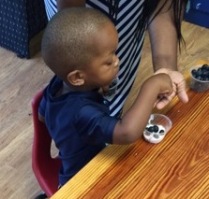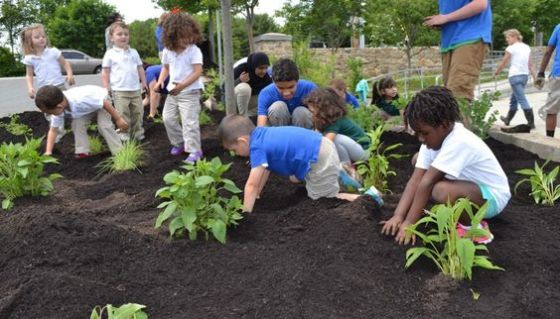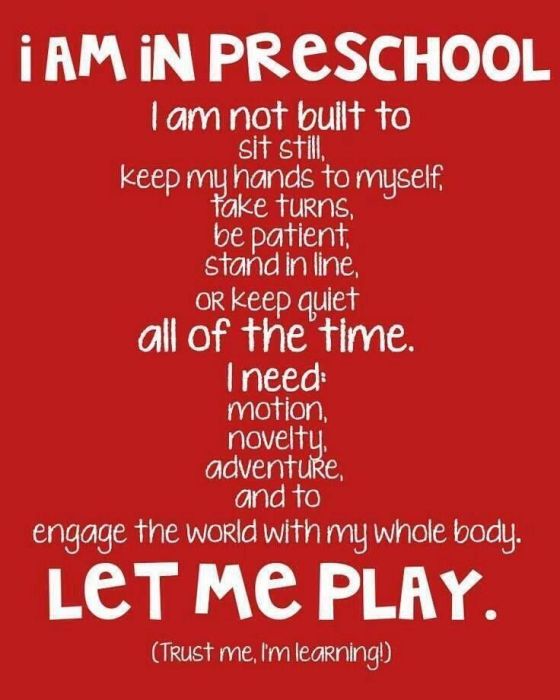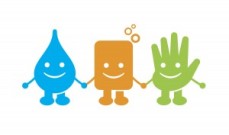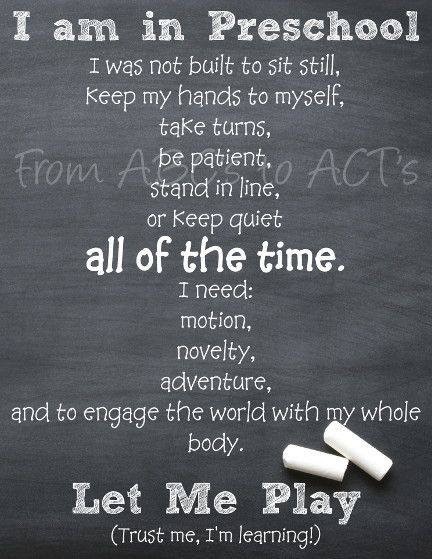I want to thank each of that work with children. You role is very important whether providing child care as a profession, being a parent, co-parent, step-parent, foster parent, grandparent or having an important role in any child’s life.
The Hand Holders:
A Tribute To Caregivers
There is no job more important than yours;
no job anywhere else in the land.
You are the keepers of the future;
you hold the smallest of hands.
Into your care you are trusted
to nurture and care for the young,
and for all of your everyday heroics,
your talents and skills go unsung.
You wipe tears from the eyes of the injured.
You rock babies brand new in your arms.
You encourage the shy and unsure child.
You make sure they are safe from all harm.
You foster the bonds of friendships,
letting no child go away mad.
You respect and you honor their emotions.
You give hugs to each child when they’re sad.
You have more impact than does a professor,
a child’s mind is molded by four;
so whatever you lay on the table
is whatever the child will explore.
Give each child the tools for adventure,
let them be artists and writers and more;
let them fly on the wind and dance on the stars
and build castles of sand on the shore.
It is true that you don’t make much money
and you don’t get a whole lot of praise,
but when one small child says, “I love you”,
you’re reminded of how this job pays.
